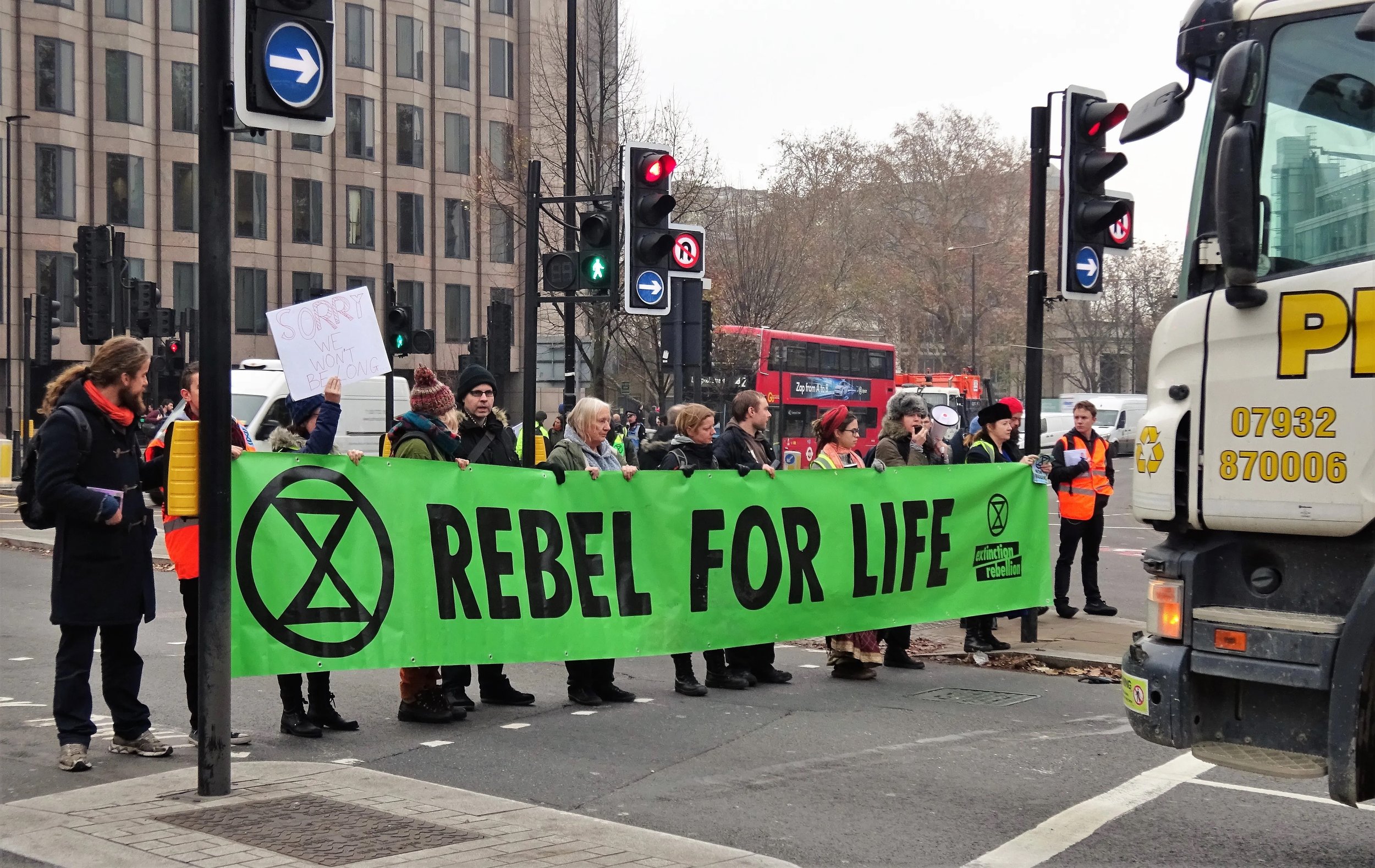We Need To Get More Emotional About Climate
For the last few weeks, Canterbury and the rest of the UK has seen climate change protests bring roads to a halt and cause massive disruption. It’s easy to ridicule climate change protesters and eco-warriors. Just take aim at their hippyish clothes and free-spirited ways, or point out that they used motorised transport to travel to the protest or drank water from plastic bottles. After the protest, take photos of any rubbish left behind and post on social media, that’s bound to make them look stupid. It’s also easy to complain about the disruption they cause, or to accuse them of focusing their efforts in the wrong place. It’s easy to dismiss climate change protesters as tree-huggers, far easier than listening and acting on their message. When someone makes demands that mean great changes to our lives, difficult changes, it’s much easier to find the flaws in their methods than to agree and act. Dismissing the message gives instant results in the form of self-satisfaction or making people giggle. Digesting the message is tough to swallow.
So far, the climate crisis message has come loudly from 3 distinct places. Schoolchildren, Extinction Rebellion protesters, and celebrities like David Attenborough. The problem with these 3 channels is that they are not places that the vast majority of people are able to take seriously or relate to. Schoolchildren are easily written off as young and easily influenced, XR protesters are dismissed as unemployed layabouts with too much time on their hands, and celebrities are placed on such a high pedestal that when it comes to saying something important, it feels distant and phoney. When Emma Thompson arrived at protests in London and was asked how she traveled, she answered that she flew in from LA, something we can all relate to, as well as being environmentally sound, not. But does that mean the message she was delivering is invalid? Well, she’s not an expert, so perhaps. But David Attenborough is and also widely regarded as a national treasure, but it’s a status that hangs in the balance as he tries to explain to people that unless they change their behaviour, we are in trouble. A lot of people that view Attenborough as a national treasure will do so while watching Planet Earth, drinking from plastic bottles and eating intensively farmed meat, with all waste going straight into the landfill bin. The irony is lost on many as they Netflix and kill the planet.
Historically, populations have required a large emotional stimulus to enact a large lifestyle change. The 9/11 terror attacks made us accept that to travel by air will now mean long security checks. Photos of marine life dying with their stomachs full of plastic made us ditch plastic straws in favour of paper ones. But the climate change catastrophe is not something that we will see images of at a time we can still act, it will sneak up on us and when there is something headline grabbing to show on the news or print in the paper, it will be too late. And that’s the essential problem with climate change protests, for most people, the problem of climate change simply isn’t emotive enough.
So how can people be convinced? Can we find something that will cause enough upset to get people motivated to act? Other than disturbing their commute, of course. I’m not so sure we can, which is pretty dejecting and the reason that civil disobedience seems, right now, to be the only way to get the message out in a way that demands attention.
